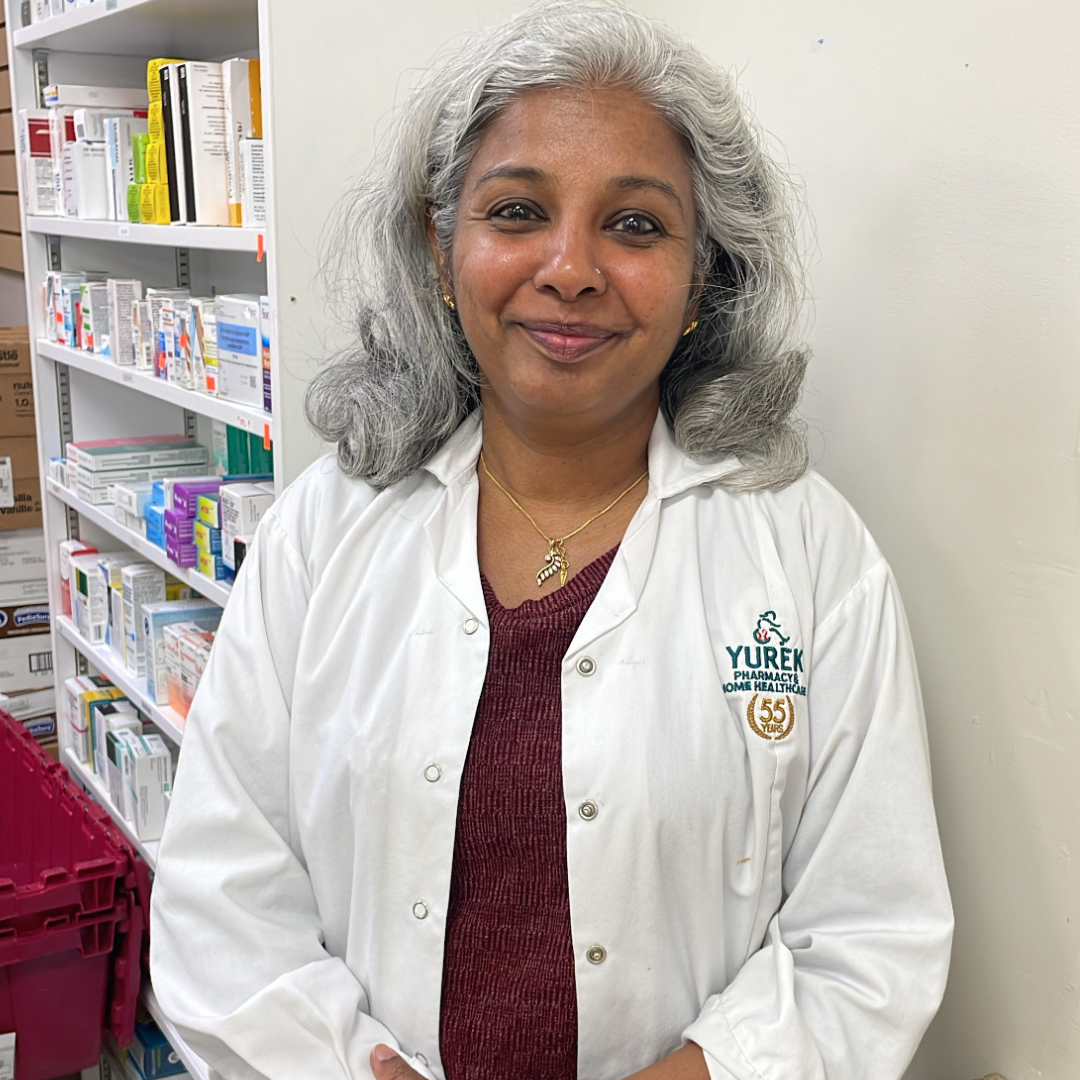By Chantal Orchard, a Dispensary Assistant at YSL
Ovarian cancer is the most fatal gynecological cancer in Canada. More than half of the 3,100 women diagnosed annually will not live beyond five years of their diagnosis. All women are at risk. While research is ongoing, the first step in the battle is awareness.
Ovarian cancer appears when abnormal cells in a woman’s ovaries begin to grow and divide uncontrollably, forming a tumour that may be benign (non-cancerous) or malignant. Untreated malignant (cancerous) tumours can metastasize or spread within the body.
Since going through the experience personally, I found that you really must advocate for yourself. In fact, I had to fight for about eight months before getting the CA-125 marker. There are many conditions with the same symptoms as ovarian cancer. That’s why it is not physicians’ first diagnosis.
Initially, doctors suspected I had PCOS. A few months later, with no changes in my symptoms, I was told I had Mittelschmerz. Then, since my symptoms were still not getting better, I finally got a CT scan and an ultrasound; they showed a cyst that had burst.
I was told that, since it runs in my family, endometriosis seems to be the cause. After trying medications that yielded no positive results, my doctors decided to do a CA-125 ovarian cancer marker. It was a long fight of pushing and advocating for myself. I opted for surgery with a full removal.
Current treatment plans include surgery, chemotherapy, or radiation. Their success depends on the disease’s stage, the tumour’s type and size, and the patient’s age and physical health.
To date, the very best weapon we have in the fight against ovarian cancer is early detection. That said, there is currently no reliable stand-alone screening test for this disease. Although a physician may use the combination of a pelvic exam, transvaginal or pelvic ultrasound, and CA-125 blood test to investigate, a biopsy is the only definitive way to confirm the diagnosis.
Early detection relies on self-monitoring, and all women must regularly and diligently self-assess for early signs of the disease – including:
- Bloating or feeling abnormally full after eating
- Abdominal pressure or pain
- Increased urination or the urge to urinate
- Difficulty eating
- Menstrual irregularities
These symptoms may be common; however, if they are new, persistent (more than 12 times per month) and noticeably abnormal, you should speak with your doctor.
For more information, contact Ovarian Cancer Canada or the Canadian Cancer Society.








